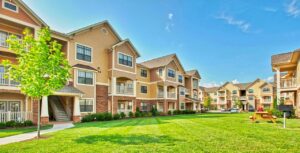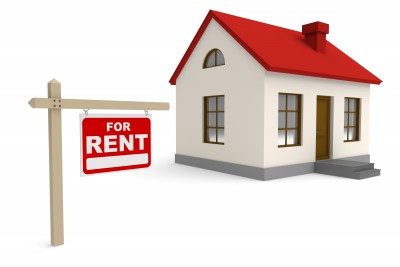Rental properties have long been seen as a lucrative investment opportunity. However, in recent years, the role of rental properties has evolved beyond just a means of generating passive income. Many property owners are finding that their rental properties are becoming more than just an investment. They are becoming a second job, requiring significant time and effort to manage effectively.
Signs that your rental property is becoming more than just an investment
As a property owner, it is important to recognize the signs that your rental property is becoming more than just an investment. One key indicator is the amount of time and energy you are spending on property management tasks. If you find yourself constantly dealing with tenant issues, maintenance requests, and administrative tasks, it may be a sign that your rental property is taking up more of your time than anticipated.
Another sign is the impact it is having on your personal life. Are you constantly on call for tenant emergencies? Do you find yourself sacrificing your free time to handle property-related issues? If so, it may be time to reassess your approach to property management.
The importance of property management
Effective property management is crucial for ensuring that your rental property remains a profitable investment. It involves a range of responsibilities, including tenant screening, lease agreements, rent collection, property maintenance, and dealing with any issues that arise during the tenancy.
Hiring a property manager vs. self-management
One way to avoid turning your rental property into a second job is to hire a professional property manager. A property manager can handle all aspects of property management, allowing you to focus on other priorities.
While self-management may seem like a cost-saving option, it often comes with hidden expenses. Time spent on property management tasks can take away from other income-generating activities or personal time. Additionally, lack of experience and knowledge in property management can lead to costly mistakes.
Responsibilities of a property manager
A property manager takes on a wide range of responsibilities to ensure the smooth operation of your rental property. These responsibilities include:
- Tenant screening: A property manager will handle the tenant screening process, including conducting background checks, verifying employment and income, and checking references. This helps to ensure that you have reliable and responsible tenants.
- Lease agreements: A property manager will draft and enforce lease agreements, ensuring that all terms and conditions are clearly stated and followed by both parties.
- Rent collection: A Portland property manager will handle rent collection, including setting rental rates, collecting payments, and enforcing late payment policies.
- Property maintenance: A property manager will coordinate and oversee property maintenance and repairs, ensuring that the property is well-maintained and in compliance with local regulations.
- Dealing with tenant issues: A property manager will address tenant complaints, resolve conflicts, and handle any issues that arise during the tenancy.
Finding the right property manager for your rental property
When hiring a property manager, it is important to find the right fit for your rental property. Consider the following factors:
- Experience and expertise: Look for a property manager with experience in managing rental properties similar to yours. They should have a solid understanding of local rental market trends and regulations.
- Communication skills: Effective communication is crucial in property management. Look for a property manager who is responsive, proactive, and able to effectively communicate with both tenants and property owners.
- Reputation and references: Research the property manager’s reputation and ask for references from current or previous clients. This will give you an idea of their track record and how satisfied their clients are with their services.
Tips for avoiding turning your rental property into a second job
If you decide to self-manage your rental property or even if you hire a property manager, there are several tips you can follow to avoid turning your rental property into a second job:
- Setting boundaries and expectations with tenants: Clearly communicate your expectations to your tenants from the beginning. Establish boundaries regarding communication, maintenance requests, and rent collection. This will help prevent unnecessary disruptions and ensure a smooth landlord-tenant relationship.
- Streamlining processes and utilizing technology: Take advantage of technology to streamline property management tasks. Use online platforms for rent collection, maintenance requests, and lease agreements. This will save you time and make the management process more efficient.
- Regularly review and update lease agreements: Keep your lease agreements up to date and in line with current regulations. This will help protect your interests and ensure that both parties are aware of their rights and responsibilities.
Contact Us
If you’re tired of managing your rental property yourself, we can help! To learn more about the property management services that we can offer you, contact us today by clicking here!







